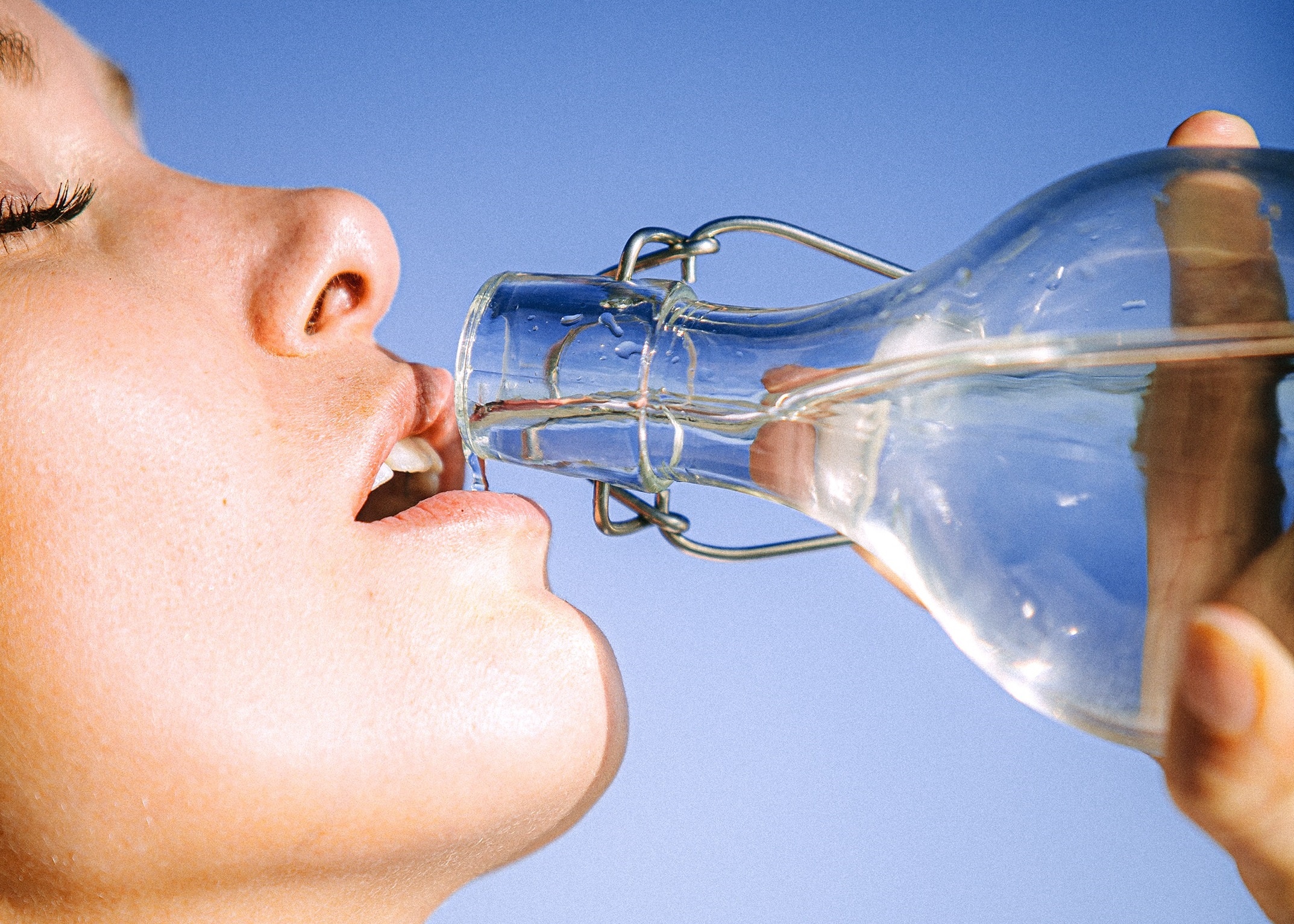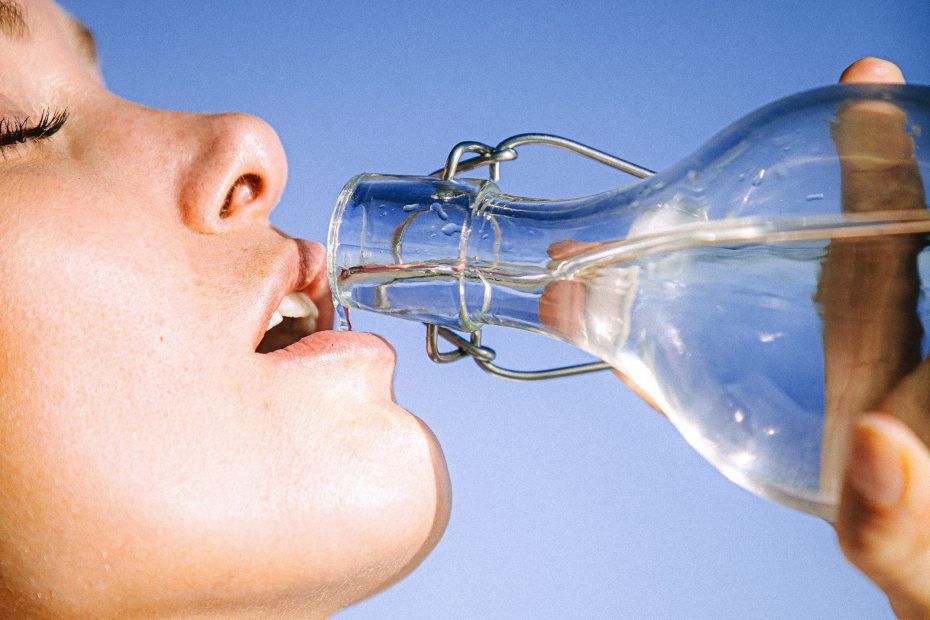Water is an important component that is necessary for the normal functioning of the human body. This is not surprising — our body consists of 60-80% water. Water is involved in the transfer of nutrients and the removal of waste products from cells, provides a normal body temperature, conducting neural connections, is necessary for digestion, hematopoiesis, respiration and the work of many other systems. Therefore, maintaining the water-salt balance is so important for our health.
The water balance is the ratio between the water that entered the body and the water that the body got rid of
How does the lack of water in the body manifest itself?
Everyone knows that our body consists of 80% water. But few people really realize this figure. After all, if the water balance changes by only 3-5%, this can already manifest itself as:
- Rapid heartbeat;
- Headache;
- Fluctuations in blood pressure;
- Weakness, drowsiness, decreased productivity;
- Dry skin, the appearance of black dots and deepening of wrinkles;
- Edema of the lower extremities and face;
- Exacerbation of existing chronic diseases;
- Deterioration of the activity of the immune system and predisposition to seasonal infections.
If the percentage of water deficiency in the body reaches 10%, then this condition requires hospitalization in the hospital and is assessed as a severe degree of dehydration.
The body of each person is unique and can react to the imbalance of water in its own way. This may be one or more of the above symptoms, or it may not be at all, but manifest itself after a while in a more severe degree.
How to understand whether there are violations of the water balance in the body?
Our body directs all internal resources to maintain the balance of water. It can do this only in two ways: by systemically slowing down the metabolism (reducing the use of water) and by reducing the volume of fluid excretion during urination.
It is not so easy to understand whether the water balance is disturbed specifically for you without additional research methods. This can be done only by indirect indicators of the release of water from the body.
If you notice that the smell of sweat has become sharper, and the consistency is more viscous, this may indirectly indicate dehydration. The second indicator is the amount of urine excreted, which should not be less than 1.5 or more than 2.5 liters per day. You should not focus on the smell and color, because these indicators are very variable, but the amount is stable.
One more indirect method is weighing on special bioimpedance scales, which are available in the dietitian’s office. These scales show the percentage of saturation of your body with water, the percentage of muscle, bone mass, as well as biological age.
However, if you want to accurately determine the water balance of your body and be sure of the indicators, it is better to do this with the help of clinical and biochemical blood and urine tests, which are prescribed by a dietitian if necessary.
How and what kind of water to drink?
When choosing water, the most important criteria are its purity (absence of impurities) and a balanced ionic composition. It is strictly not recommended to use tap water, especially if you live in industrial regions. Such water can do more harm than good due to the presence of a large number of impurities and toxins in it. The best option is to use simple bottled water from well-known manufacturers.
Regarding the use of water, depending on the meals, it is worth noting that it is better to drink liquid in between meals. It is acceptable to drink 200-250 ml of pure water 15-20 minutes before a meal, as well as 200-250 ml of water together or after a meal, especially if the food is solid in consistency.
Is it possible and how to drink carbonated water?
If you like to drink carbonated water instead of regular, this is quite acceptable. Moreover, carbonated water from some manufacturers has a richer ionic composition than plain non-carbonated water.
Contrary to myths, carbon dioxide from water is not absorbed into the blood and does not harm the body, but is broken down in the intestines. However, if you have diseases of the stomach, gallbladder, pancreas or intestines, it is better to coordinate this moment with a dietitian.
It is better to drink carbonated water before eating, in order to pre-stimulate the activity of gastric enzymes, and the food eaten was digested faster. It is not recommended to drink carbonated water after a meal, because this can cause unwanted bloating and heaviness.
The main principles of maintaining water balance
It is not necessary to focus only on the feeling of thirst, but it is better to calculate the volume of daily water necessary for yourself (according to the formula above).
Drink an additional 250-300 ml of water per day if you plan to do fitness or other sports on this day.
Coffee, tea, juices are not taken into account in the volume of pure water and can “give” the body only edema, sometimes saturating the body with unnecessary sugar and calories.
Drink high-quality bottled water.
Always have a bottle of water with you to drink between main meals.
Drink ⅔ of the daily norm of water until 16.00, do not abuse water at night, so as not to get puffiness in the morning.
Record the amount of water you drink using convenient smartphone apps or a food diary.
It may take several days or weeks to adapt to new water drinking habits. Be tolerant, introduce new water drinking habits gradually, and you will hear your body say ” Thank you!”
